Graduation season marks the onset of a period of life changes, which, for many, includes the end of formal education and the beginning of life in the workforce.
We’ve all heard networking and perseverance are integral to prosperity at work, but what does it really take to be successful? These 10 healthcare leaders offered words of advice to recent graduates and rookies to the healthcare field.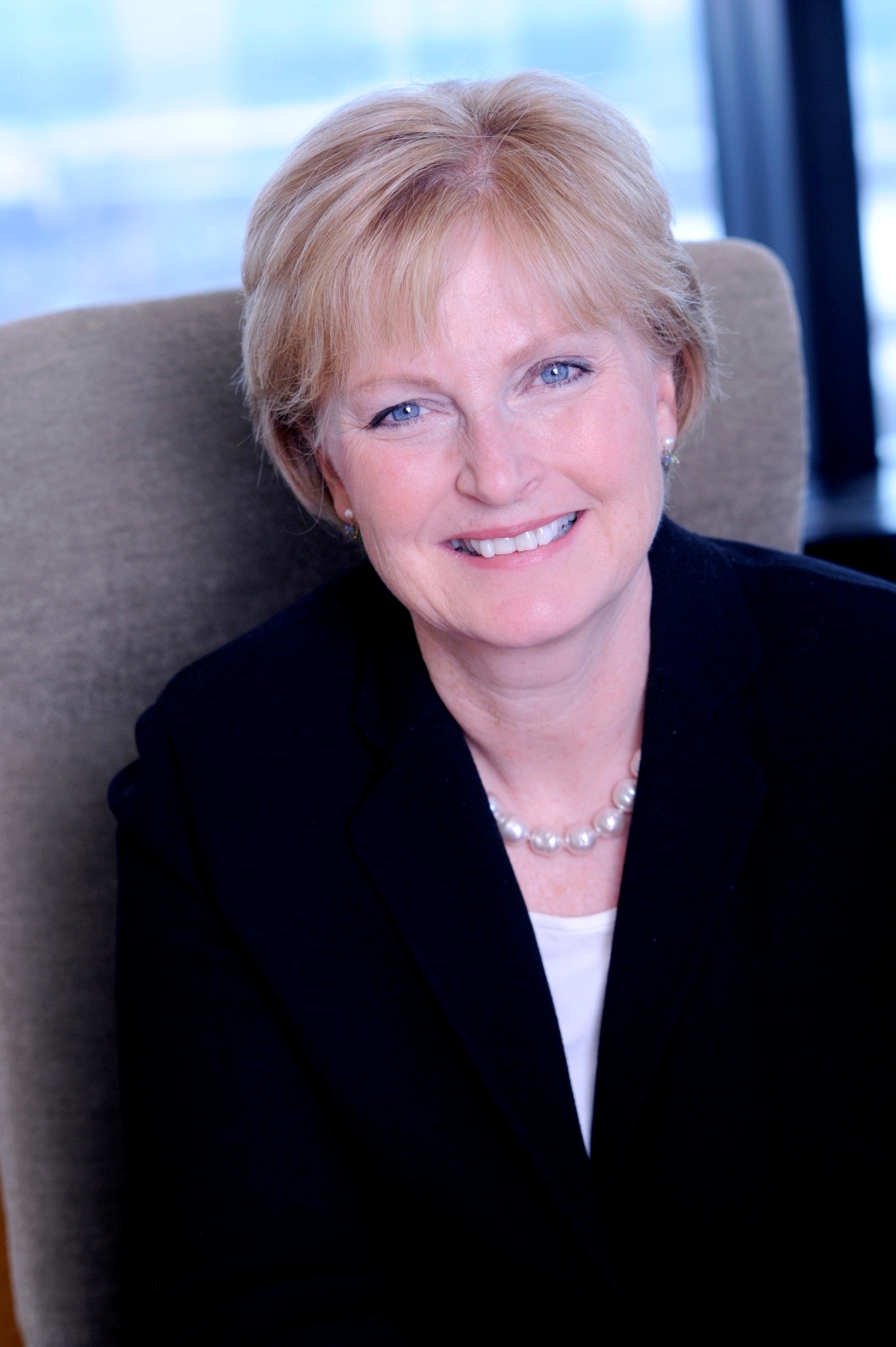
Mary Brainerd, President and CEO of Bloomington, Minn.-based HealthPartners
“Bring your whole self to work; not only your knowledge and expertise, but also your values. Stay true to who you are and have the courage of your convictions. If you do, you will become an authentic and courageous leader — something intensely needed at this time in healthcare. And you will have the power to change your workplace and the community around you.”
Marc Boom, MD, President & CEO of Houston Methodist Hospital
“Working in healthcare is a calling. Whether on the front lines serving patients as a nurse or clinician or in a corporate setting where we rarely deal with patients directly, it’s imperative that as healthcare professionals, we keep the patient at the center of everything we do.
As a physician and executive, I’ve also learned humility isn’t always the best response when a patient or their family member thanks you for the care they’ve received. We’re 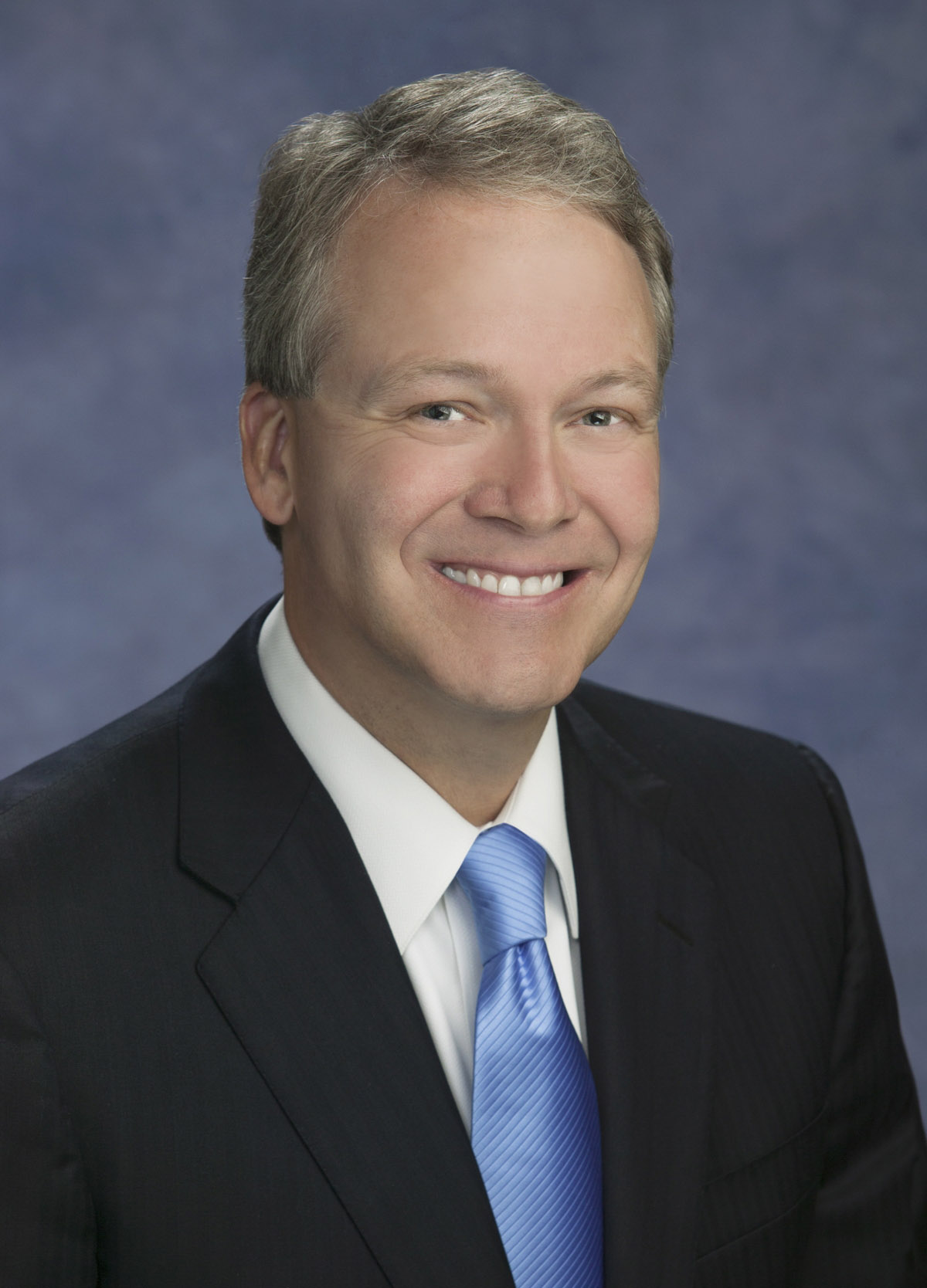
So instead of saying, ‘Oh, it was nothing,’ how about saying, ‘Mrs. Smith, thank you for sharing that with me. I decided to work in healthcare to help people and I am humbled and honored that I was able to help you. Knowing you and your family has made a difference in my life, too.’
It unfortunately took me 20 years to realize this is a much better response, but I’m glad I finally did. Helping people when they are most vulnerable is an amazing privilege. We should always remember that, whether we are dealing with them face to face or in an office much further away.”
Warner Thomas, President and CEO of New Orleans-based Ochsner Health System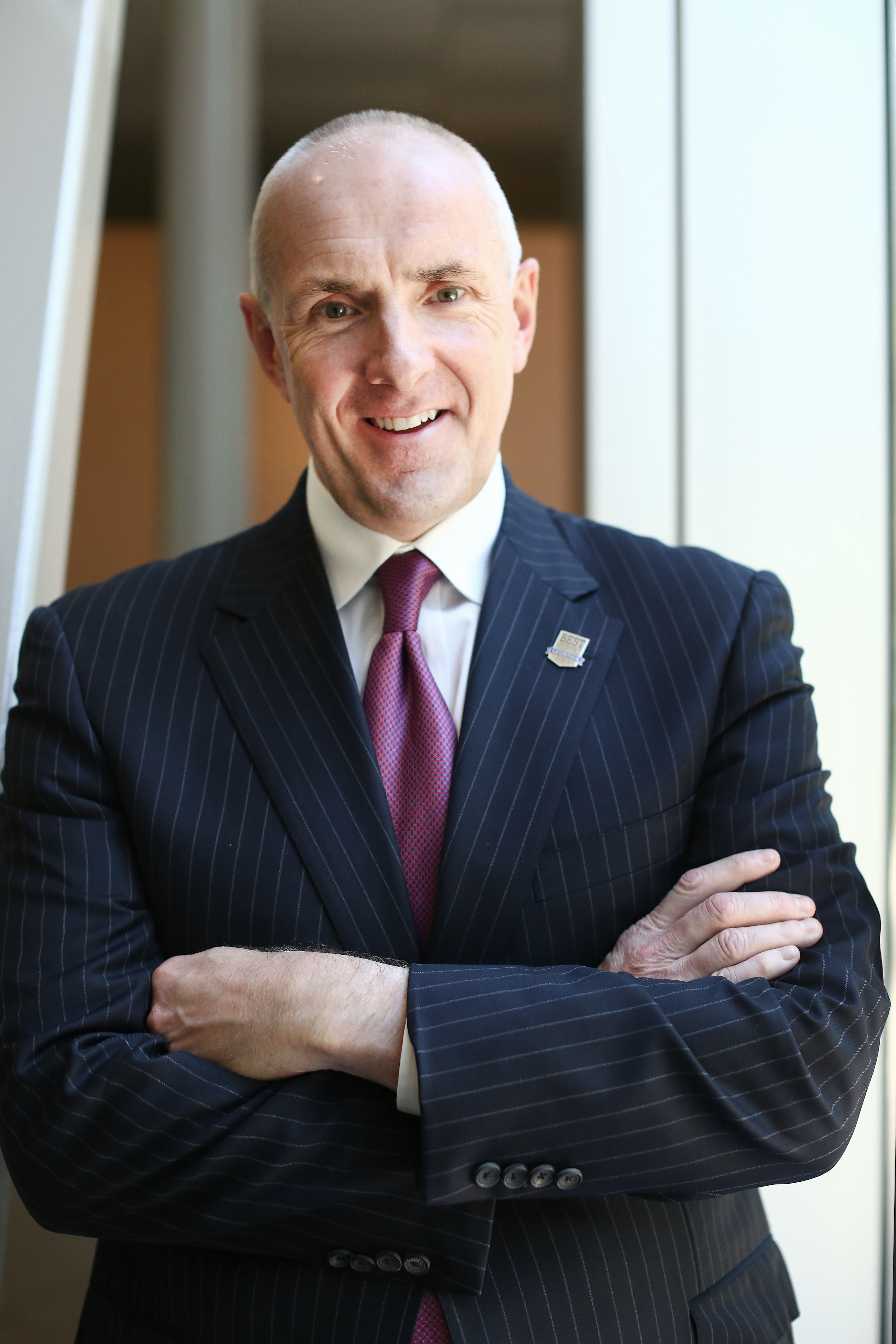
“You have to have courage to work in this world. There’s a lot of people who don’t think of courage as a leadership trait, but to me it’s one of the most important. Put yourself out there and take new job opportunities. At the same time, patience is important. Folks who try to job hunt to move up the ranks early in their careers don’t get the solid base they need.
You also have to be a constant learner. Reading and staying up-to-date on things is critical.
Regardless of what position you’re in, stay true to your roots. I came from a small town and I don’t forget that. I treat everybody as equals and view them the same as far as their importance to the organization. Sometimes people forget their background, but keep your feet on the ground and don’t forget where you came from.
In addition, it’s important to lead with optimism. It’s easy to look at healthcare today and be challenged or stressed about the changes, but I’ve found people who lead with optimism and a can-do attitude have more energy and lead with inspiration rather than control or fear.”
Vivian Lee, MD, PhD, CEO of Salt Lake City-based University of Utah Health Care “Typically I give three pieces of advice, when asked: Know yourself. Remember learning is a lifelong process. Get comfortable working with people who are very different from yourself.
“Typically I give three pieces of advice, when asked: Know yourself. Remember learning is a lifelong process. Get comfortable working with people who are very different from yourself.
Regarding the final point, substantial evidence in decision theory shows diversity of perspectives leads to better decisions and outcomes (see The Difference by Scott E. Page). Most people feel more comfortable in the company of like-minded individuals. That’s human nature. Yet the leadership teams in healthcare will be strongest if diverse perspectives are represented — not only to make better decisions, but also to better understand the people we are caring for and to design healthcare systems that serve their diverse needs more effectively.”
Catherine Jacobson, President and CEO of Milwaukee-based Froedtert Health
“Keep your eye on the ball. Be careful not to focus so much on your next promotion that you lose sight of excelling in your current role. Good work where you are can pave the way to where you go next.
Don’t wait for advancement opportunities to come to you. Get involved in projects unrelated to or in addition to your current job. Busy managers may not be aware of your interests, so talk to your boss and other leaders about what you can do to grow. If you are not getting the opportunities you’re seeking in your regular job, look outside your organization. Volunteering in a community organization or becoming involved in a professional association are great ways to build your leadership skills, and they also provide valuable networking.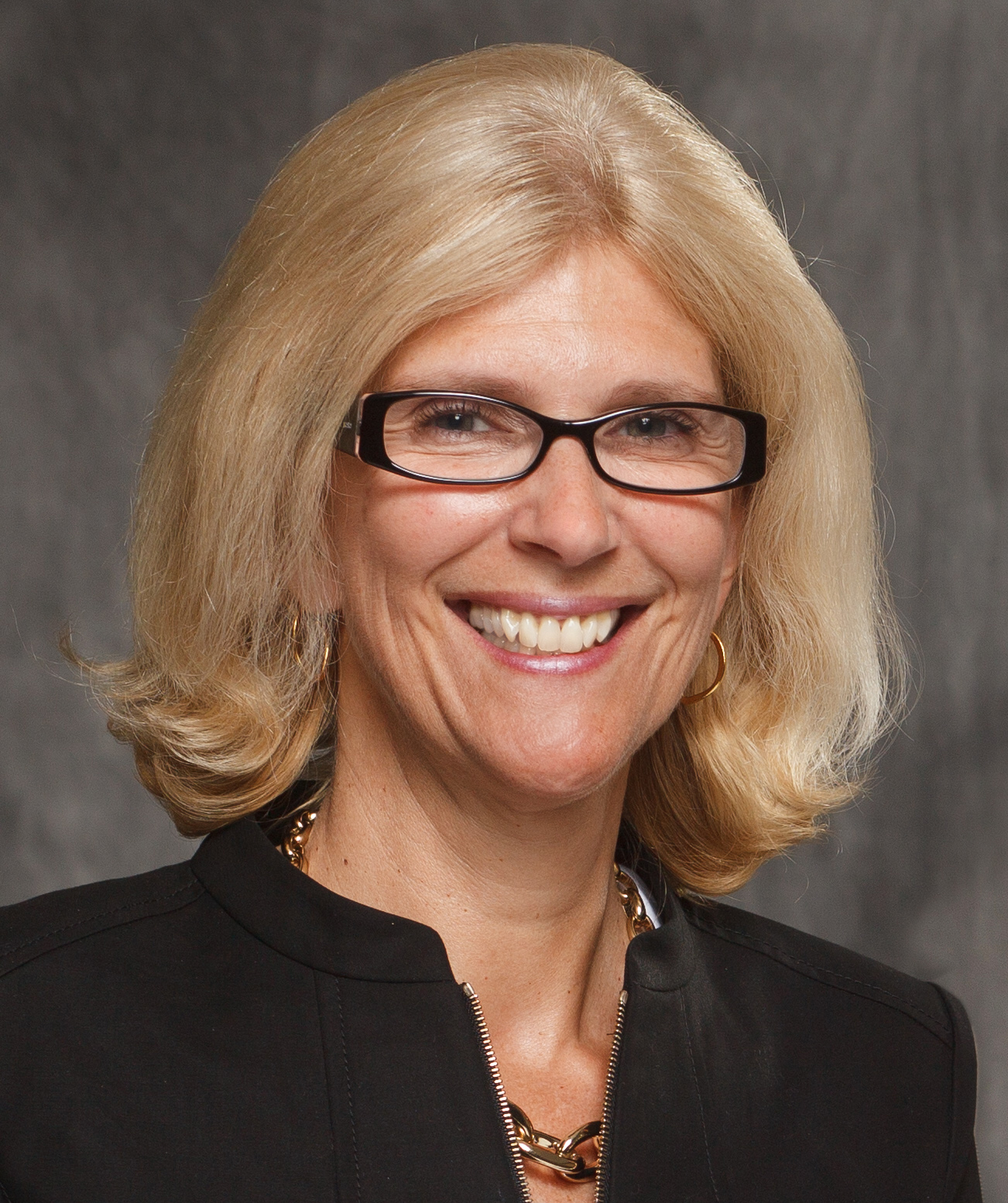
Ultimately, you own your career. The process of looking at other possibilities can lead you to appreciate your current situation, or give you a clearer idea of what you want. You may decide to stay where you are or strategically pick your next position, but either way, the decision is yours, and you own it. If you are not finding fulfillment and advancement in the work you are doing, then you need to move on.
Find something you’re good at and be great at it. Identify your niche — the thing you do best — and polish it until you shine. It will elevate you above the crowd and build your confidence.
Be willing to take risks. A troubled organization may be the perfect opportunity to hone your skills and could lead to rapid advancement. Even if the gamble fails, you will have learned valuable lessons along the way. Over my career, I have taken a few calculated risks that have made a huge difference in my advancement.
Always do the right thing. Do what you say you will do, always keep your word and always maintain honesty in your work. You will be surprised at the times this will be tested, and sometimes compromising will get you out of a hard spot. But sacrificing your integrity will always come back to haunt you in the way people think of you, and it will impact your ability to succeed. And you won’t feel good about yourself in the morning, either.”
Jon Pryor, MD, CEO of Minneapolis-based Hennepin County Medical Center
“Read the newspaper and think beyond healthcare.
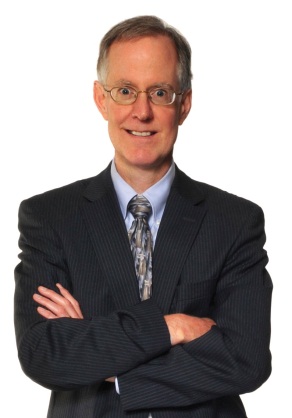 Reading the newspaper is a great way to gain a broad perspective of the issues and the advances in various areas that might be applied to healthcare. Many of the great developments in the world occur when someone brings an idea from one area into another. Every morning, I skim through my local paper. On Sunday morning, I take 90 minutes or so to read The New York Times and inevitably find at least one article about business, leadership, IT, social media, politics, arts, culture and science that is relevant to the business of healthcare. Sitting there reading the paper with my cup of coffee in hand gives me some down time to think: How does or can this information affect my health system and our patients? I often take it to my leadership team the following day to discuss its applications to our patients and the care we deliver.
Reading the newspaper is a great way to gain a broad perspective of the issues and the advances in various areas that might be applied to healthcare. Many of the great developments in the world occur when someone brings an idea from one area into another. Every morning, I skim through my local paper. On Sunday morning, I take 90 minutes or so to read The New York Times and inevitably find at least one article about business, leadership, IT, social media, politics, arts, culture and science that is relevant to the business of healthcare. Sitting there reading the paper with my cup of coffee in hand gives me some down time to think: How does or can this information affect my health system and our patients? I often take it to my leadership team the following day to discuss its applications to our patients and the care we deliver.
Another major benefit of staying apprised of the news? Being able to avoid that dreaded ‘deer in the headlights’ look if you’re caught off guard when asked about an important topic of the day. It’s so important to stay current and think ahead to where healthcare is going, not where it’s been. To succeed in healthcare you need to know more than healthcare.”
Stephen Hanson, CEO of Louisville, Ky.-based Baptist Health
“Particularly for those like myself that don’t have a medical background, learn how to listen to doctors, nurses and other clinicians.
Give meetings your full attention. Stay away from iPhones, start and finish meetings on time and make the best use of everyone’s time.
Be responsive to texts, emails and particularly to phone calls. When I receive a call, I try to return it the same day.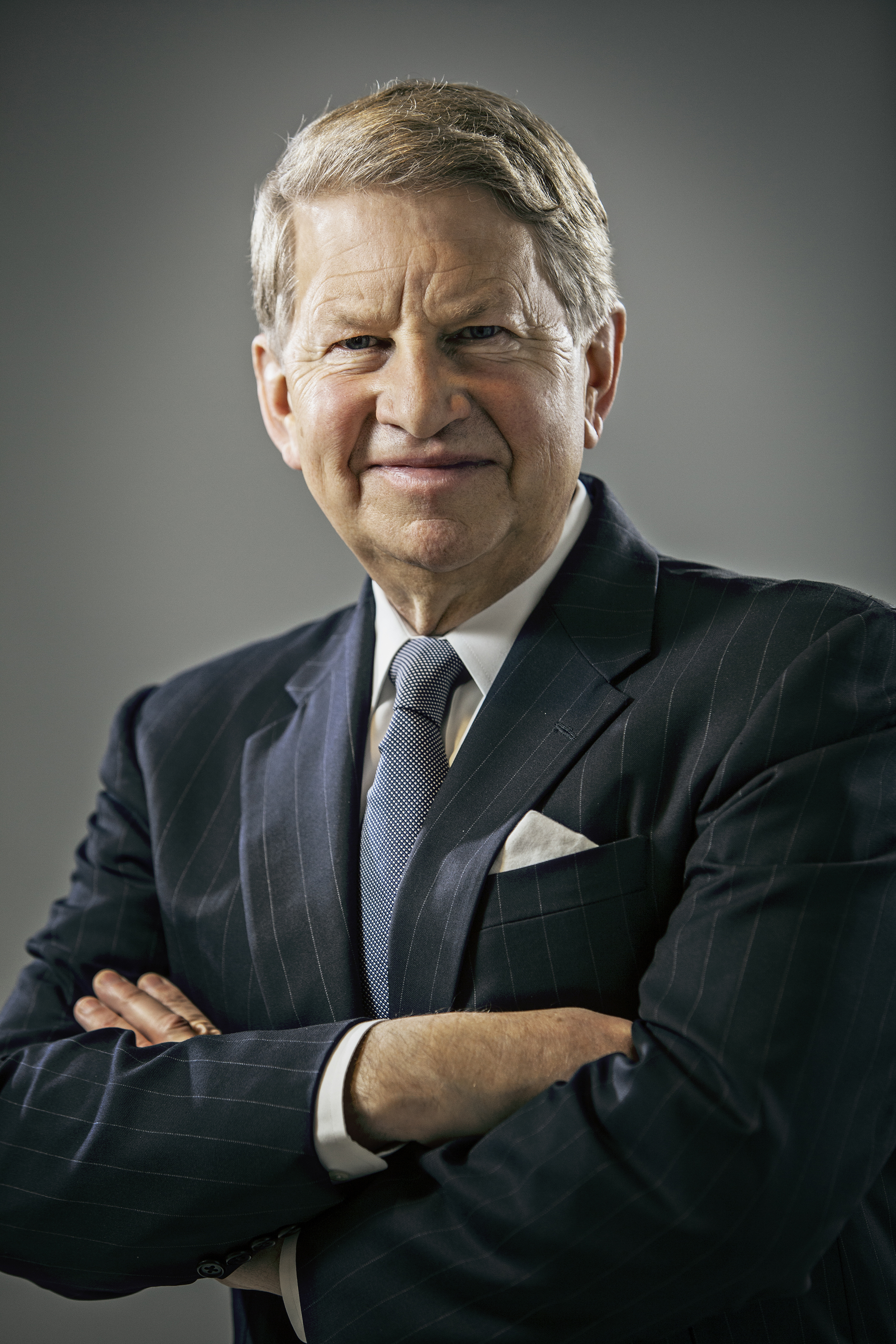
We all have to work very hard, but we also need to have some time away from work. I can be as effective away from work, but part of it is how we take time at the beginning and end of each day and week to reflect and plan. We’re a faith-based system, so I have my Bible and I read passages to reflect. It’s important to make time for family, faith and personal growth.
Find and keep a few mentors. They don’t have to be healthcare-related, and they can be younger than you.
Keep notes, whether virtually or on a hard copy. The most successful people do so. I take notes and use them to organize my thoughts, then I send them to the target audience.
There is a skill to working with boards. They require a lot of attention and communication.
You have to have passion for this field or you should get out. You have to feel this. I know some clinicians are suffering from burnout, but if they don’t have a dying passion for this field and making it better, they should find other ways to make a living. Have a sense of humility and be in it for the long haul.
Work on the ability to make the individual you’re around feel like they’re the only person in the world. Doing little things like that make people feel a bit more special.”
Mariann Byerwalter, Interim President and CEO of Stanford (Calif.) Health Care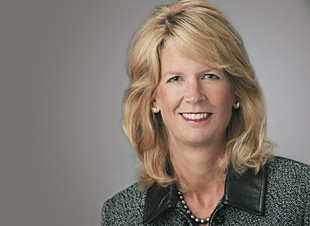 “Change is a constant in healthcare, which means recent graduates should expect to keep sharpening their skills and updating their knowledge throughout their careers. We are in an era when professional opportunities in healthcare are growing at a rapid rate, with exciting career paths that did not even exist a decade ago in fields such as digital health. Talented individuals who combine expertise in multiple fields, such as nurses who become bioinformatics experts, will be in significant demand. Interdisciplinary skills are a valuable resume highlight, even for entry-level positions.”
“Change is a constant in healthcare, which means recent graduates should expect to keep sharpening their skills and updating their knowledge throughout their careers. We are in an era when professional opportunities in healthcare are growing at a rapid rate, with exciting career paths that did not even exist a decade ago in fields such as digital health. Talented individuals who combine expertise in multiple fields, such as nurses who become bioinformatics experts, will be in significant demand. Interdisciplinary skills are a valuable resume highlight, even for entry-level positions.”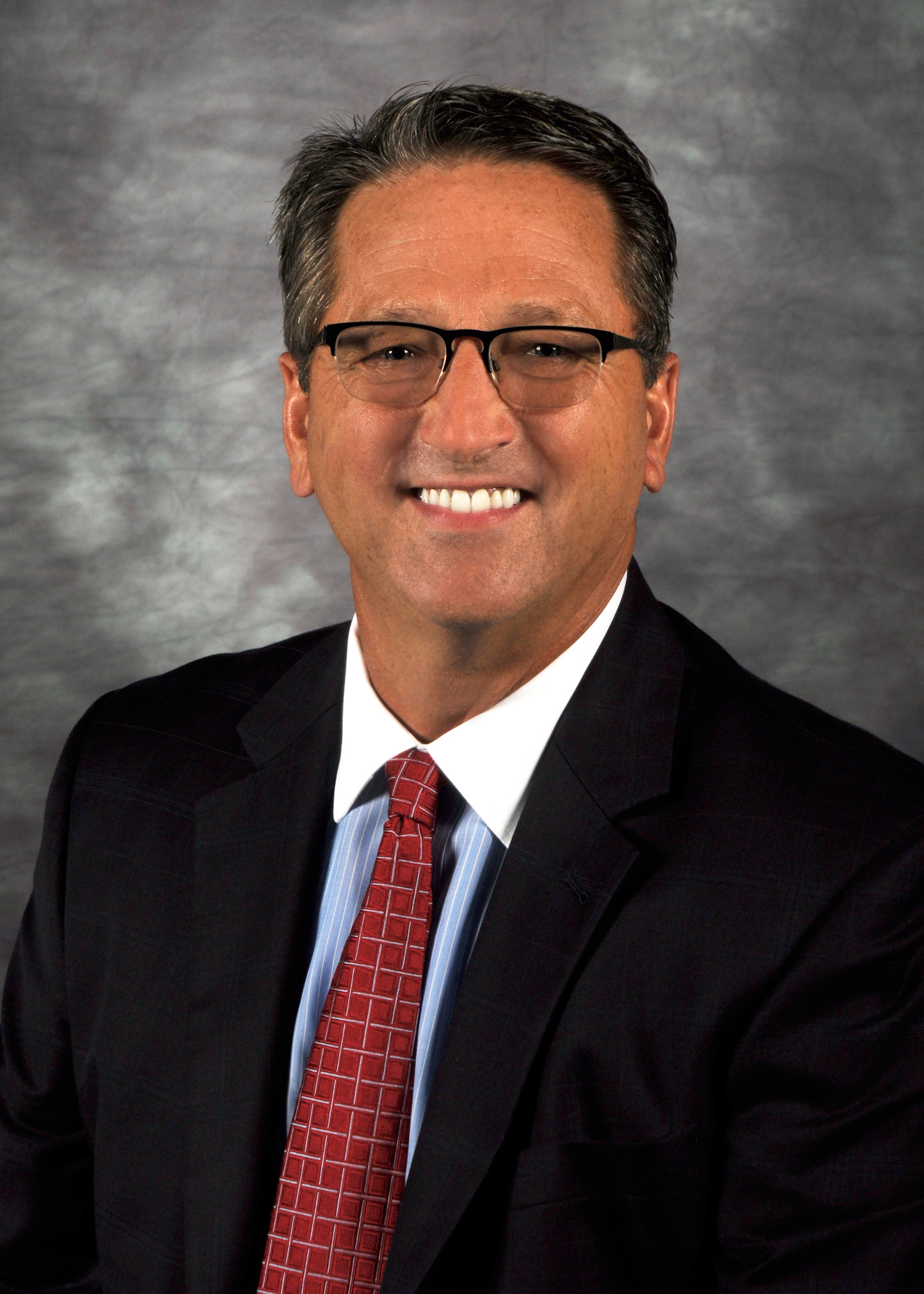
James Burkhart, DSc, president & CEO of Tampa (Fla.) General Hospital
“A valued education is absolutely critical. In our business today, a master’s degree is a prerequisite — it’s seldom that we look at anybody without that. Beyond that, I have a bias: Individuals who have had at least an internship — or more particularly, a fellowship or residency — within the framework of healthcare are a much better fit into an organization straight out.
Stay open-minded, and don’t fit yourself into a box when you first come out. People used to say they wanted the CEO’s job. But what I say to people now is that the horizons of things you can do are so much more varied than when I graduated. Don’t pin yourself down too early because you might miss an opportunity.”
Robert Ross, COO of MedStar Washington Hospital Center (Washington, D.C.)
“‘You are who you are since you were five years old.’ My first health management professor said that to us on the first day of class. You see a lot of people trying to mirror 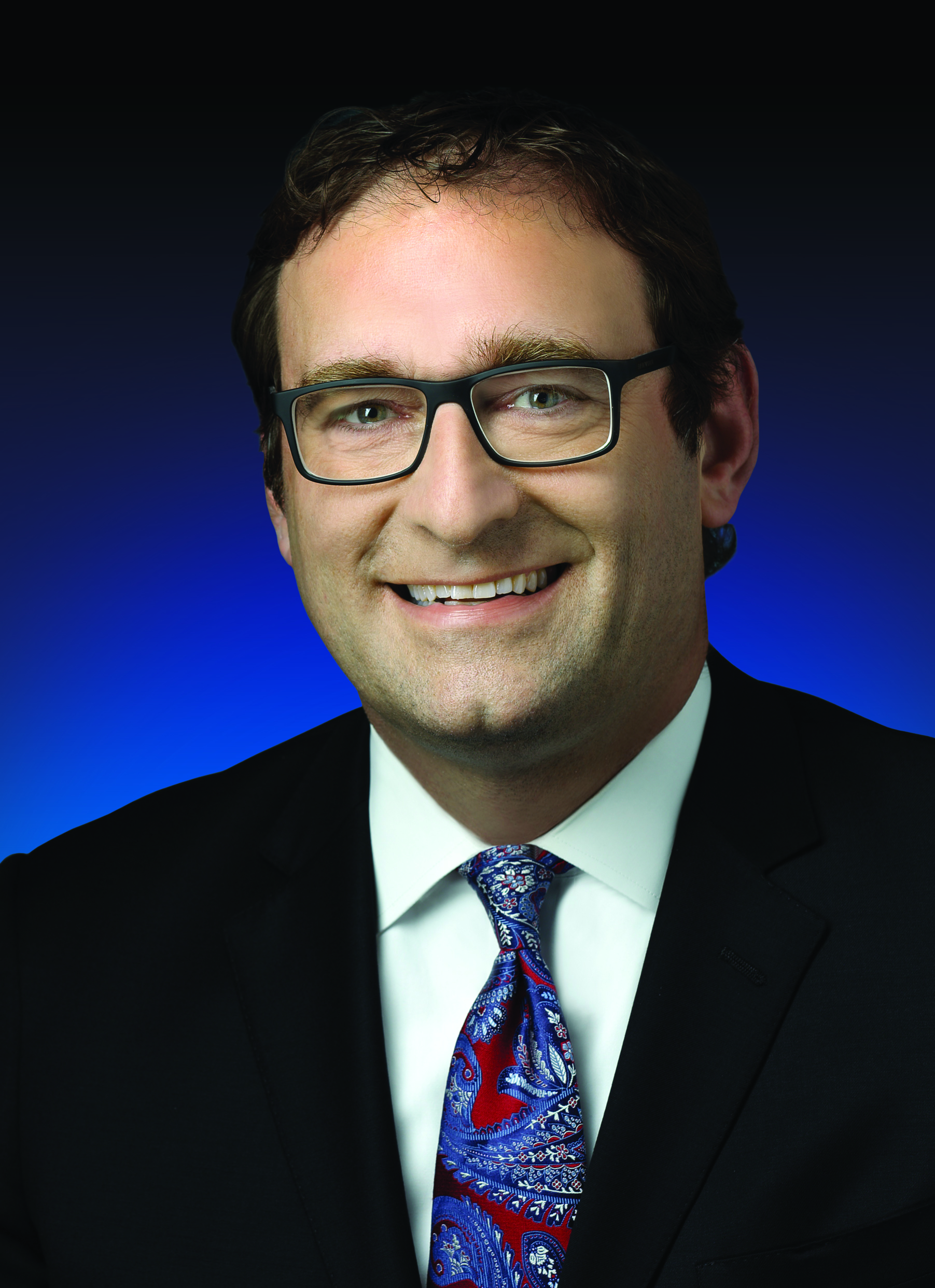 someone else’s style, but you have to build on who you are. You are who you are, and using your strengths is going to make you more successful.
someone else’s style, but you have to build on who you are. You are who you are, and using your strengths is going to make you more successful.
You own your own career, not your boss and not HR. The more you can open yourself up to geography and have flexibility to move will help open doors for more opportunities.
Your future role and title may not have been created. Often, young healthcare careerists look at the traditional hospital hierarchy and aspire to those roles. I hear a lot of young people saying, ‘I want to be a COO.’ As we know, healthcare is in the midst of substantial change and therefore the structures, roles and titles will change.
Lastly, never, ever forget what an honor it is to serve as an administrator in healthcare to support the professionals who care for patients.”
